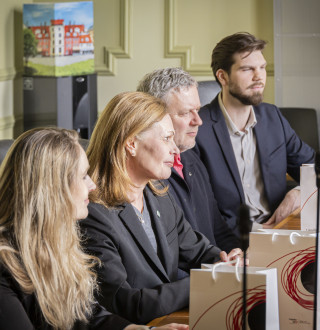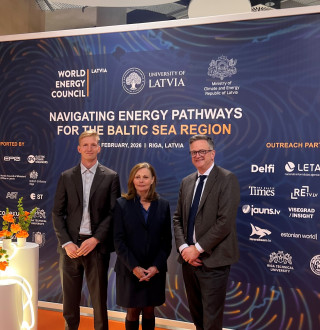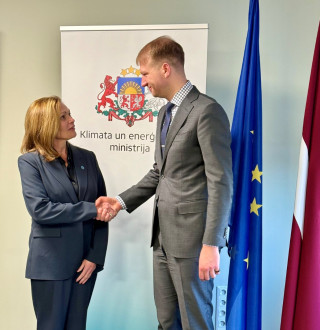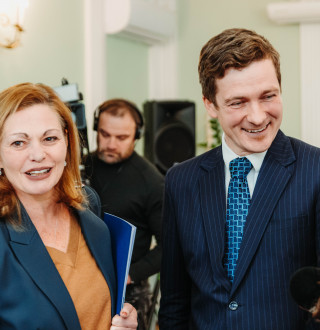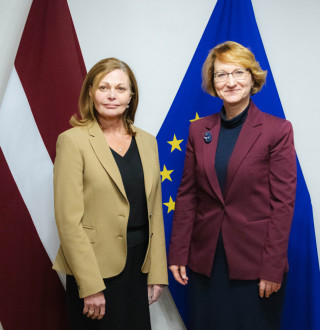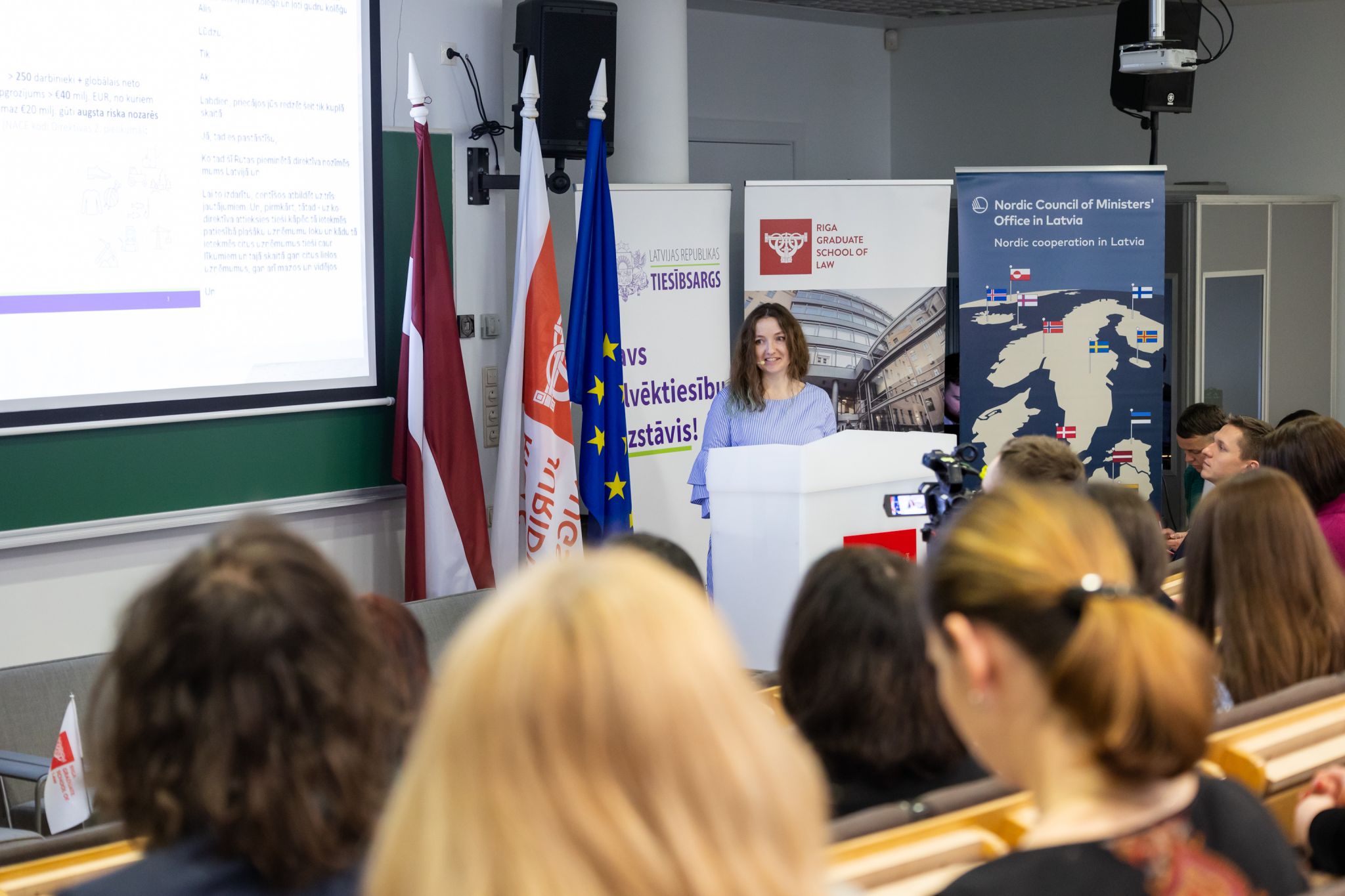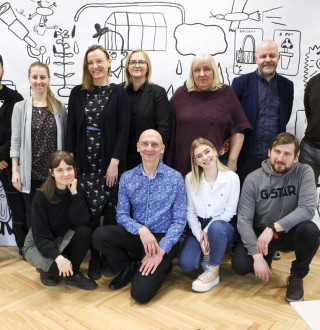On 7 March, the Latvian Ombudsman’s Office, Riga Graduate School of Law and the Nordic Council of Ministers’ Office in Latvia organised a conference “Human Rights as the New Fuel for Business”. The aim of the conference was to introduce the coming regulation on reporting human rights due diligence for business entities, and to share positive examples of respected human rights improving the atmosphere at work, along with the well-being of employees and, consequently, their efficiency and loyalty.
The conference was opened by the Rector of the Riga Graduate School of Law, Dr. Adam Czarnota, which was followed by local expert speakers. The conference was mainly intended for companies; it gathered legal experts, specialists of human resources and other representatives of some of the largest companies in Latvia.
Mārtiņš Birģelis, Ph.D. Scholar at the University of Latvia Faculty of Law, Legal Advisor, Legal Bureau of the Saeima, believes that only a business that is compatible with human rights is sustainable. In his opening remarks, he explained that the notion of “business and human rights” was created in order to monitor human rights of employees and also of consumers, as well as to mitigate possible negative impacts. The adoption of the UN Guiding Principles on Business and Human Rights in 2011 was a major milestone in this area.
He also gave examples of human rights violations in Latvian companies and noted,
“Businesses tend to control access to certain resources that are important for the realisation of human rights: housing, finance, land or the environment. Given the high political influence companies might have, they can also influence decision-makers in a way that favours them, promoting policies that might not be in line with the interests of people. Businesses also have the ability to directly influence the sentiments and opinions of people and general society, and to steer them in a direction that is good for business but not necessarily good for people.”
Evita Goša, Environmental and Legal Director and Member of the Board at SCHWENK Latvija, shared examples of positive practices in her place of employment. She illustrated how the human rights principles are followed and how this affects the working environment, relations within the team and the employees’ sense of belonging to the company. Other inspiring speakers were Gabrielle Holly, Chief Adviser at the Danish Institute for Human Rights, and Dr. Jernej Letnar Černič, Professor of Constitutional and Human Rights Law, New University, Faculty of Government and European Studies, Ljubljana, Slovenia. He explained how such regulations, business and human rights standards create a culture of respect for human rights in companies and put people at the heart of business.
Alise Artamonova, Legal Advisor at the Ombudsman’s Office of the Republic of Latvia, outlined the types of companies that would be affected by the new regulation, if passed. The current version of it would apply to about one per cent of companies registered in Latvia. The Ombudsman’s Office has made a comprehensive work for the UN Guiding Principles to be available in Latvian, and streamlining the local terminology.
The conference also explained the difference between the State’s duty to protect human rights and the duty of companies to respect them; what are the potential implications of the human rights due diligence regulation for companies; and what are the best-practice recommendations for implementation.
With the intention to make the content of the conference available to a broad part of the society, the venue was accessible to people with disabilities; the event was also streamed online with translation into English and Latvian language. Also, the sign language interpretation was provided and a real-time transcription of the conference speeches in Latvian was also provided using the tool “Transcribe” developed by the local IT company Tilde.
From the part of the Nordic Council of Ministers' Office, the conference was coordinated by our colleague Jānis Atslens.
Additional information
The forthcoming EU Directive on Corporate Sustainability Due Diligence will make it mandatory for a number of large companies to do the human rights due diligence. In addition, the Corporate Sustainability Reporting Directive requires reporting on the company’s due diligence processes.
That is an ongoing process as explained in the UN Guiding Principles and the OECD Guidelines. It calls for companies to identify, prevent, mitigate and report on how they are addressing potential negative impact on human rights.
Conference video recordings are available here.
